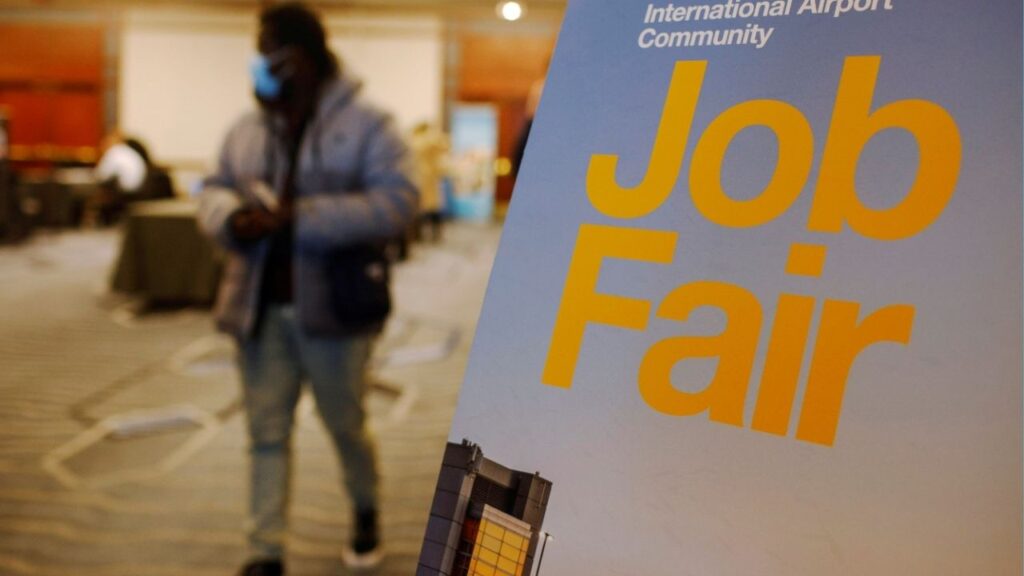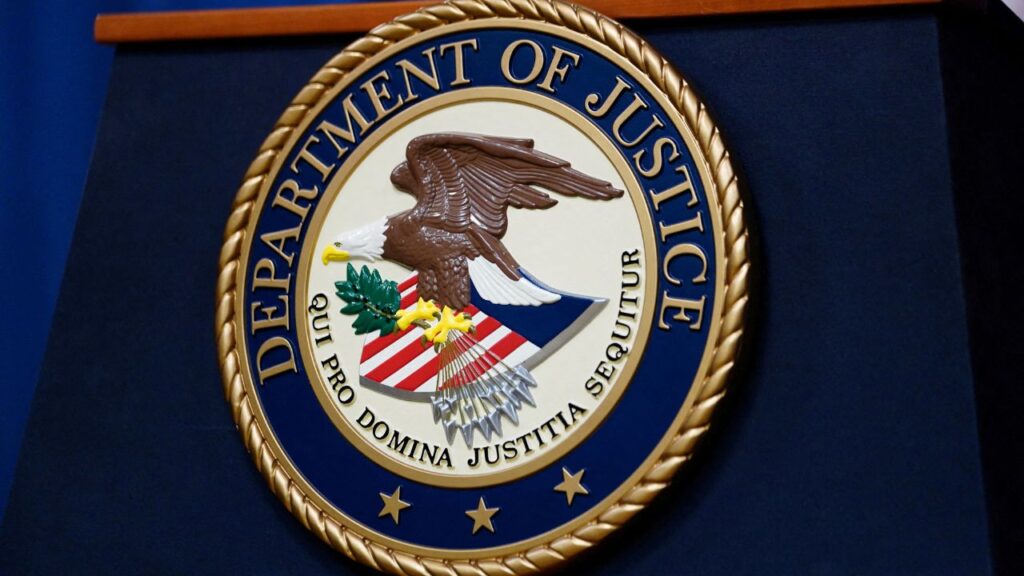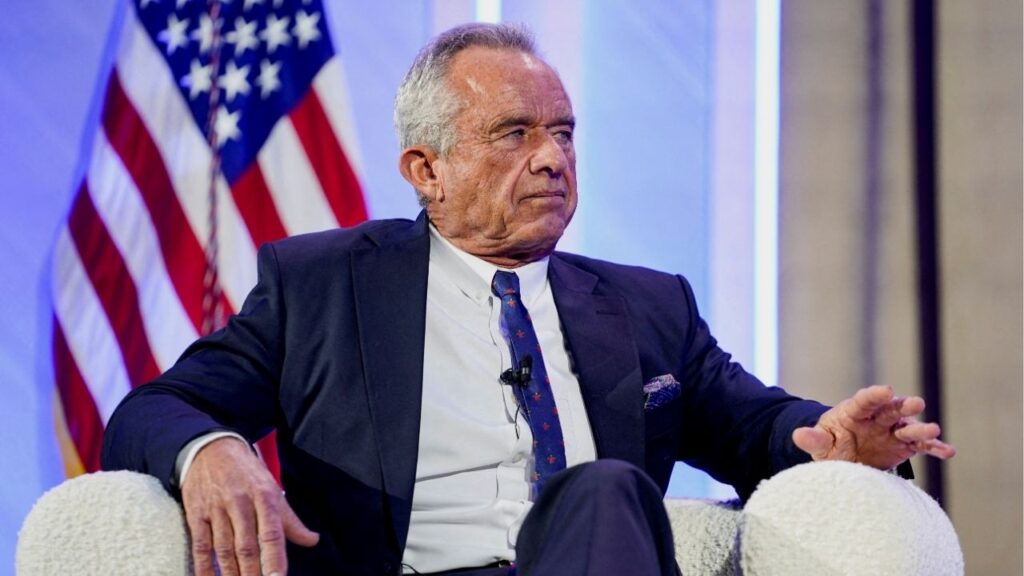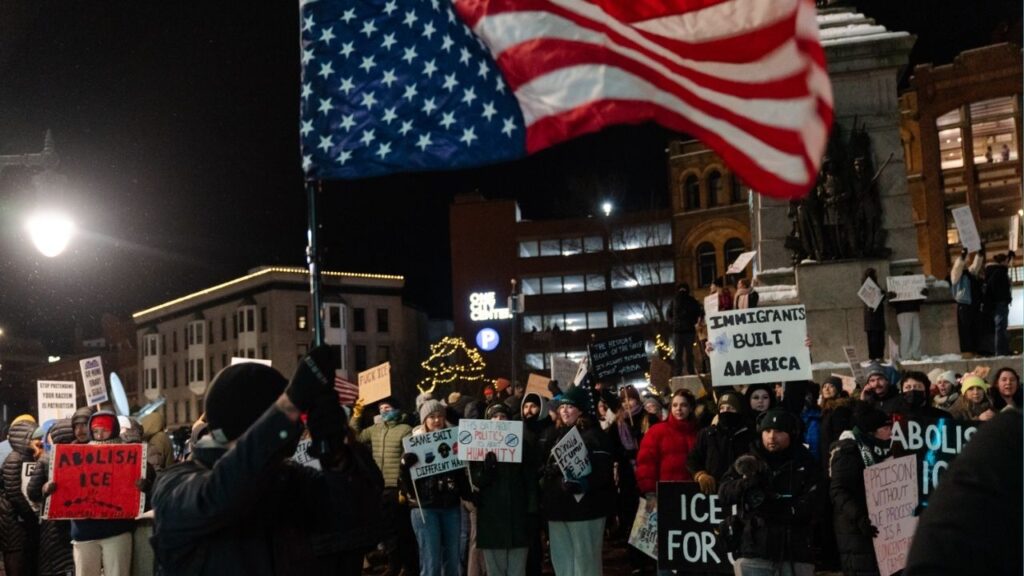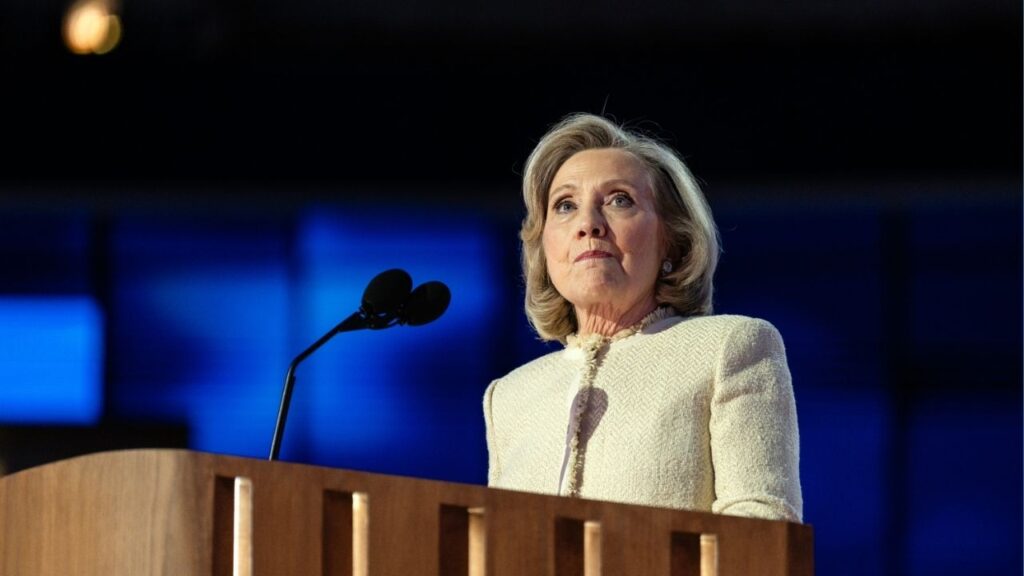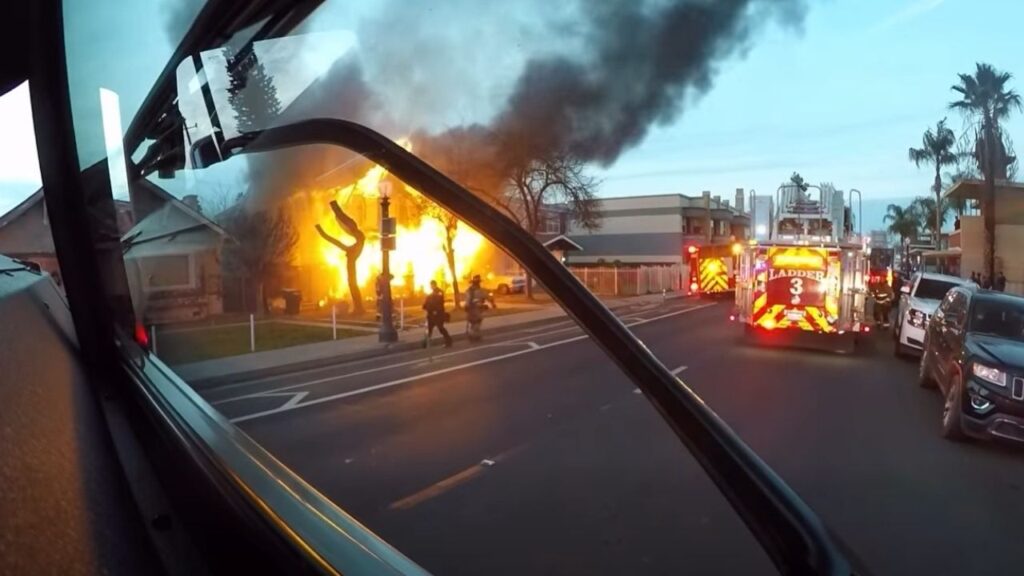Share
WASHINGTON — President Donald Trump on Wednesday signed into law a major rewrite of the rules of trade with Canada and Mexico that he said replaces the “nightmare” of a Clinton-era agreement and will keep jobs, wealth and growth in America.
“This is a cutting-edge, state-of-the-art agreement that protects, defends, and serves the great people of our country,” Trump said in an outdoor signing ceremony at the White House, where the invitation list included more than 70 Republican members of Congress but no Democratic legislators. “Together we are building a glorious future that is raised, grown, built and made right here in the glorious U.S.A.”
Canada and Mexico already represent the top two export markets for U.S. goods. But the new pact, along with the signing of a “phase one” agreement with China, dials down trade tensions that contributed to slowing economic growth globally.
The leaders of the U.S., Canada and Mexico signed the deal in late 2018. Legislation implementing it received overwhelming, bipartisan support in Congress after several months of behind-the-scenes negotiations between Democratic lawmakers and the Trump administration.

NAFTA Tore Down Trade Barriers Between the Three North American Countries
Trump made a point of praising Republican legislators for their work in passing the deal but did not mention the role of Democrats, who said that even if they weren’t invited to the signing ceremony, their influence was being felt.
“What the president will be signing is quite different from what the president sent us,” said House Speaker Nancy Pelosi, D-Calif. “We were able to make vast improvements. If we weren’t, we would not have been able to pass the bill.”
Rep. Richard Neal, chairman of the House Ways and Means Committee, said it only passed Congress because of how the Democrats forced changes in Trump’s original proposal. “They voted for it for one reason, is because of how we shaped and altered the president’s proposal,” said Neal, D-Mass.
NAFTA, which took effect in 1994 under President Bill Clinton, tore down trade barriers between the three North American countries and commerce between them surged. But Trump and other critics said NAFTA encouraged factories to leave the United States and relocate south of the border to take advantage of low-wage Mexican labor.
Trump threatened to leave NAFTA if he couldn’t get a better deal, creating uncertainty over regional trade.
His trade negotiator, Robert Lighthizer, pressed for a revamped pact designed to bring factory jobs back to the United States. The new agreement, for example, requires automakers to get 75% of their production content (up from 62.5% in NAFTA) from within North America to qualify for the pact’s duty-free benefits. That means more auto content would have to come from North America, not imported more cheaply from China and elsewhere.

The President Wasn’t Wasting Any Time Highlighting the Deal
At least 40% of vehicles would also have to originate in places where workers earn at least $16 an hour. That would benefit the United States and Canada — not Mexico, where auto assembly workers are paid a fraction of that amount.
“It’s a blip,” said Syracuse University economist Mary Lovely, who studies trade. “The main thing is what it isn’t: It isn’t a continuation of uncertainty, and it isn’t a major disruption” to business.
Critics include environmental groups concerned that the agreement does not address global warming. Some conservatives say the agreement will make cars and other products more expensive for consumers.
The president wasn’t wasting any time highlighting the deal in battleground states that will determine who wins this year’s presidential election. He will travel Thursday to Michigan, where some of the state’s auto workers should benefit from a deal that encourages more manufacturing in the United States.
Trump wants to talk up a deal that about 4 in 5 Americans have heard little or nothing about. Indeed, while a third of the public approves of the deal and only 5% disapprove, a solid majority, 61%, have not formed an opinion, according to a recent poll conducted by Monmouth University.
Categories
